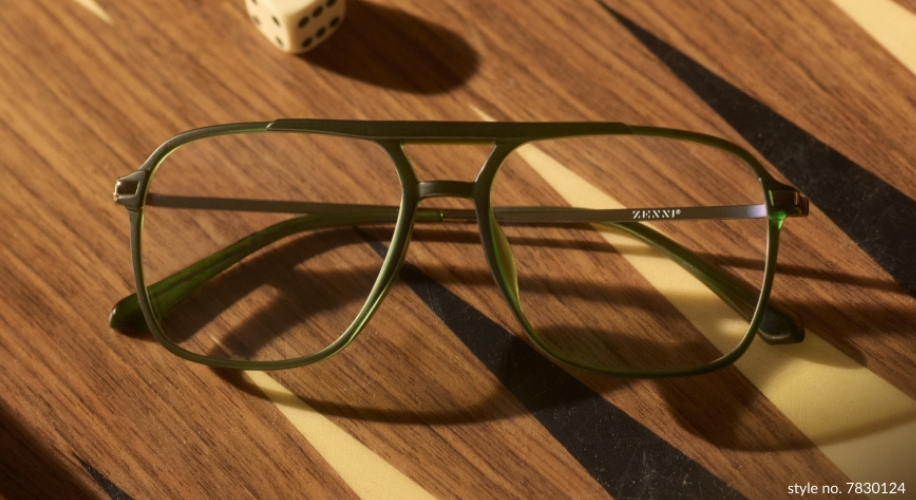The Revolution of Eyewear: Progressive Glasses
- BY Dr. Steven Liem
- IN Glasses

With an increase in digital device usage and an aging population, the demand for versatile eyewear solutions is on the rise. Progressive glasses, also known as no-line bifocals, have become a popular choice for many people who require different lens strengths for various tasks. From reading to working on a computer, or even driving, these glasses provide a seamless transition between near, intermediate, and far distances.
The Evolution of Progressive Lenses
Progressive lenses have come a long way since their introduction in the 1950s. Originally, these lenses were designed to eliminate the noticeable line seen in traditional bifocal and trifocal glasses. This innovation provided the wearer with an unobstructed field of vision, offering a more natural and comfortable visual experience. Over the years, the technology and craftsmanship of progressive lenses have significantly improved, making them an ideal solution for those with presbyopia, a natural eye condition that affects our ability to focus on objects up close as we age.
- Standard progressives: These are the most common type of progressive lenses. They offer a wider reading area than bifocals or trifocals, but require a certain amount of head tilt to find the right focus for intermediate distances, such as computer work.
- Premium or “free-form” progressives: With advanced digital technology, these lenses are custom-made for the wearer. They provide a broader field of vision and minimal distortion, offering a more comfortable visual experience, especially for first-time users.
Benefits of Progressive Glasses
Shop These Zenni Frames
Progressive glasses come with a plethora of benefits that make them a favorable choice for many people:
- Seamless transitions: The unique design of progressive lenses allows for clear vision at all distances. The upper part of the lens focuses on distant objects, the middle part aids in intermediate vision, and the bottom part is for near tasks such as reading or crafting.
- Convenience: With progressive glasses, there’s no need to switch between different pairs of glasses for different activities. Whether you’re driving, working on your computer, or reading a book, one pair of glasses is all you need.
- Aesthetics: Progressive glasses offer a sleek and modern look compared to traditional bifocals or trifocals. The absence of visible lines on the lenses contributes to a more youthful appearance.
- Comfort: It might take some time to adjust to progressive lenses, but once you do, they provide a more comfortable and natural visual experience. The gradual shift in lens power reduces eye strain and fatigue.
Selecting the Right Progressive Glasses

With a wide range of options available, selecting the right pair of progressive glasses can seem overwhelming. To get started, it’s important to consider your lifestyle, visual needs, and personal style. At Zenni Optical, we offer a variety of stylish frames for every face shape and size. If you spend a significant amount of time on digital devices, consider adding a blue light filter to your lenses to help reduce digital eye strain. Remember, your glasses should not only meet your vision correction needs but also reflect your personal style and comfort preferences.
Whether you’re new to progressives or looking to upgrade your current pair, embracing the rise of progressive glasses can significantly enhance your visual experience and quality of life. With the right pair, you can enjoy clear, continuous vision for all your daily activities.


